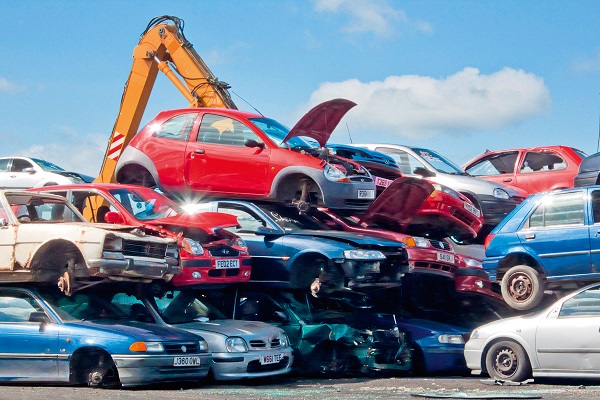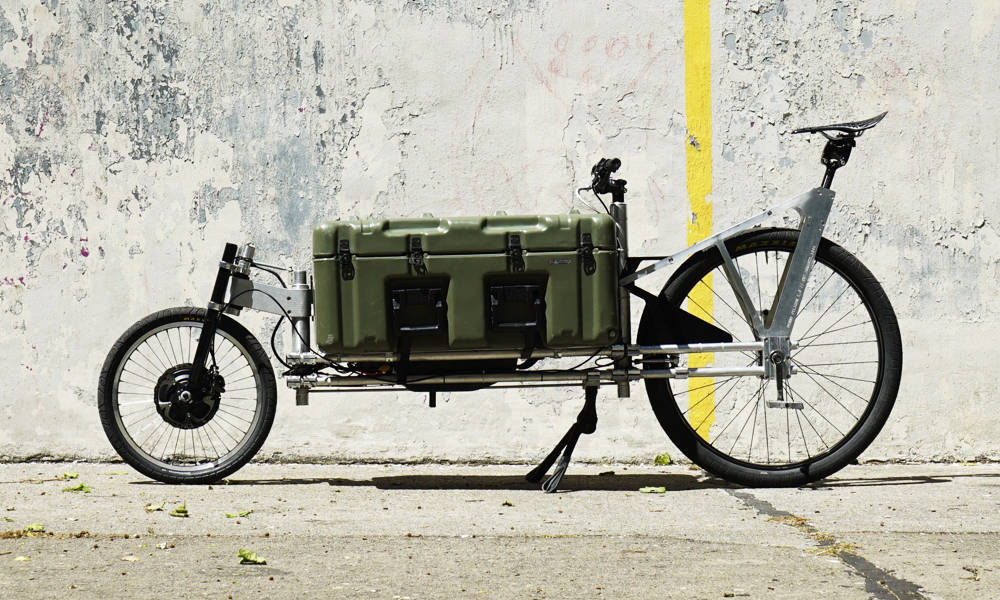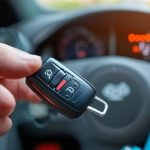The process to scrap car in Singapore requires careful navigation through the Land Transport Authority’s regulatory framework, and understanding these requirements can mean the difference between maximising your vehicle’s value and losing thousands of dollars. Every year, tens of thousands of Singaporean drivers face this moment when their Certificate of Entitlement expires and they must decide whether to renew or dispose of their vehicle.
The Regulatory Framework
The Land Transport Authority maintains strict control over vehicle disposal in Singapore. The agency’s regulations state clearly that “Once your vehicle is deregistered, it can no longer be kept or used in Singapore.” This is not advisory language. It is mandatory. The government enforces these rules through penalties designed to ensure compliance.
Deregistration must precede disposal. No vehicle owner can legally scrap their car without first cancelling its registration with the LTA. The agency requires submission of specific documentation and settlement of all outstanding obligations before approving any deregistration application.
Understanding Your Vehicle’s Financial Value
When you scrap a car in Singapore, the total amount you receive consists of three distinct components. First, the Certificate of Entitlement rebate returns a prorated amount based on unused certificate time. Second, the Preferential Additional Registration Fee rebate provides a partial refund of the additional registration fee paid at purchase, but only if your vehicle is less than ten years old. Third, the scrapyard pays for the physical vehicle based on current metal prices and salvage value of usable components.
The PARF rebate follows a declining scale:
- Vehicles aged zero to five years qualify for 75% of the original Additional Registration Fee
- Vehicles aged five to eight years qualify for 50% of the original fee
- Vehicles aged eight to ten years qualify for 25% of the original fee
- Vehicles over ten years old receive no PARF rebate whatsoever
These percentages are fixed by regulation. The only variable you can control is the timing of deregistration, which affects your COE rebate amount.
Required Documentation and Procedures
The deregistration process for vehicle scrapping in Singapore demands specific documents. Singaporean citizens and permanent residents must present their original NRIC. Foreign nationals must provide their Employment or Immigration pass card issued by the Ministry of Manpower or Immigration and Checkpoints Authority. All applicants must settle outstanding road tax payments and clear any vehicle financing arrangements.
The OneMotoring digital platform allows eligible users to complete deregistration online using Singpass two-factor authentication. Those without Singpass access must schedule an appointment at an LTA Customer Service Centre, preferably one week in advance.
The Eight-Day Deadline
After authorising vehicle disposal, the designated person has exactly eight calendar days to deliver the vehicle to an LTA-appointed scrapyard. This deadline is absolute. Miss this deadline and the authorisation expires, requiring a new application and restart of the entire process.
The scrapyard must be LTA-appointed. Using unauthorised facilities violates regulations and creates legal complications. The LTA maintains a published list of approved scrapyards on its website.
Penalties for Non-Compliance
The Land Transport Authority enforces disposal requirements through substantial penalties. According to official LTA documentation, failure to submit proof of vehicle disposal within one month of deregistration can result in prosecution with “a maximum fine of $2,000 or 3 months’ imprisonment.” First-time offenders face these consequences. Repeat violations carry increased penalties of up to $5,000 or six months imprisonment.
Operating a deregistered vehicle compounds the violation. Such vehicles lack valid road tax and insurance coverage. Drivers caught operating deregistered vehicles face fines, imprisonment, and mandatory driving licence disqualification lasting at least twelve months.
Market Factors Affecting Body Value
Beyond the regulated rebates, the physical vehicle’s scrap value fluctuates based on market conditions. Scrapyards evaluate several factors:
- Current international prices for ferrous and non-ferrous metals
- Demand for specific vehicle parts in the secondhand market
- Vehicle make and model popularity
- Overall condition and completeness of the vehicle
Popular vehicle models with strong parts demand generally command higher body values. Rare or unpopular models may fetch minimal amounts because scrapyards have difficulty reselling their components.
Timing Considerations
Strategic timing when you scrap car in Singapore affects the financial outcome. Waiting until your Certificate of Entitlement expires eliminates the ability to drive the vehicle to the scrapyard. Towing services add unnecessary costs. Starting the process two to three weeks before expiry provides adequate time to compare quotes and arrange transportation without incurring additional expenses.
The COE rebate calculation uses a daily proration formula. Each day closer to expiry reduces the rebate amount. Balancing these competing factors requires careful planning and realistic assessment of your vehicle’s remaining usable time.
Claiming Your Rebates
After completing vehicle disposal and receiving the Certificate of Destruction from the authorised scrapyard, owners must submit their rebate applications through the OneMotoring website. The Land Transport Authority typically processes approved claims within two to four weeks, transferring funds directly to the applicant’s designated bank account.
Documentation requirements include the deregistration acknowledgement letter and proof of proper disposal. Keeping organised records throughout the process ensures smooth rebate processing without delays.
Maximising Returns
Getting the best possible outcome when you scrap car in Singapore requires understanding the regulations, meeting all deadlines, comparing offers from multiple authorised scrapyards, and maintaining proper documentation throughout the entire process.












